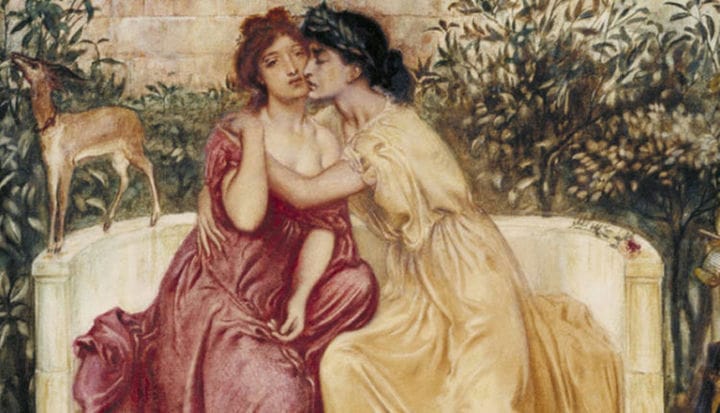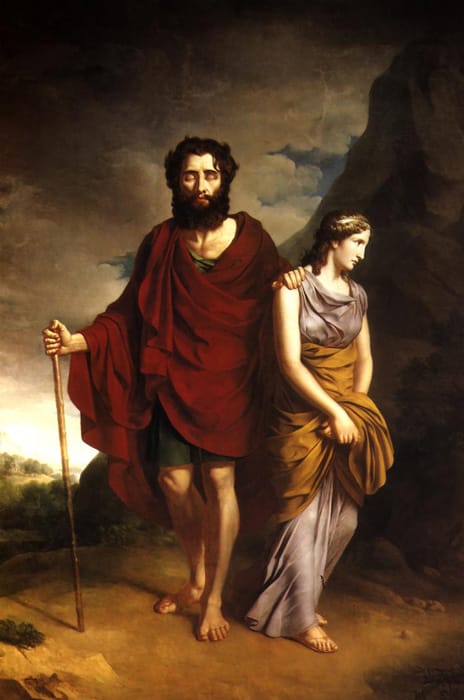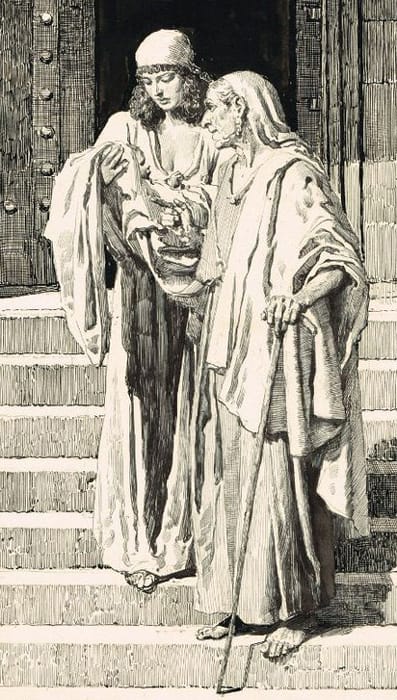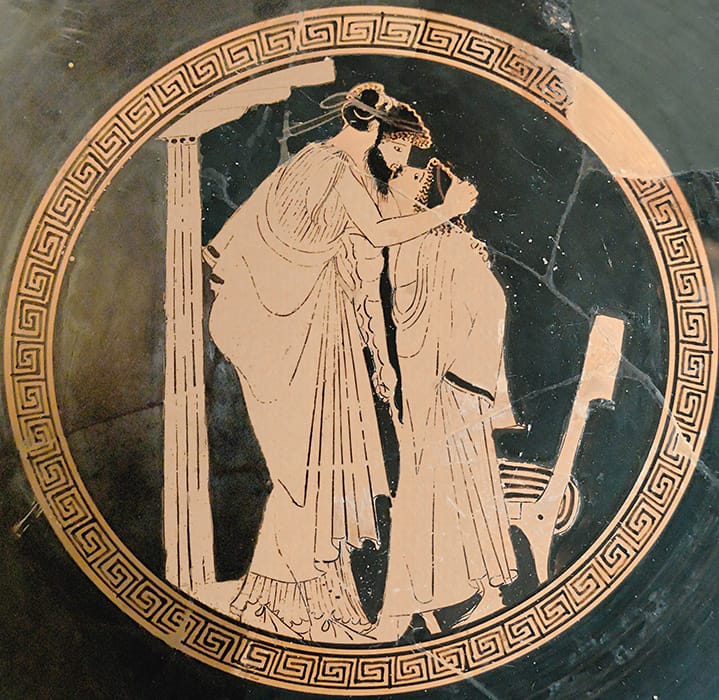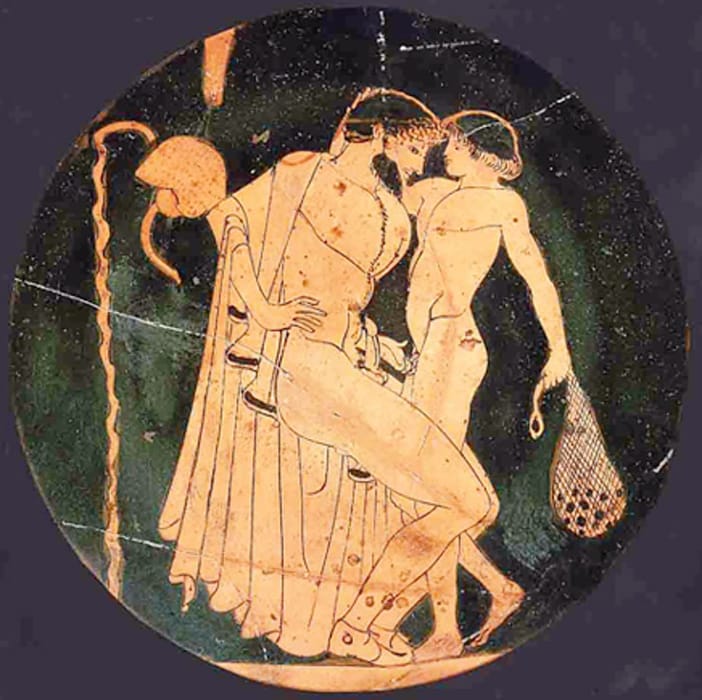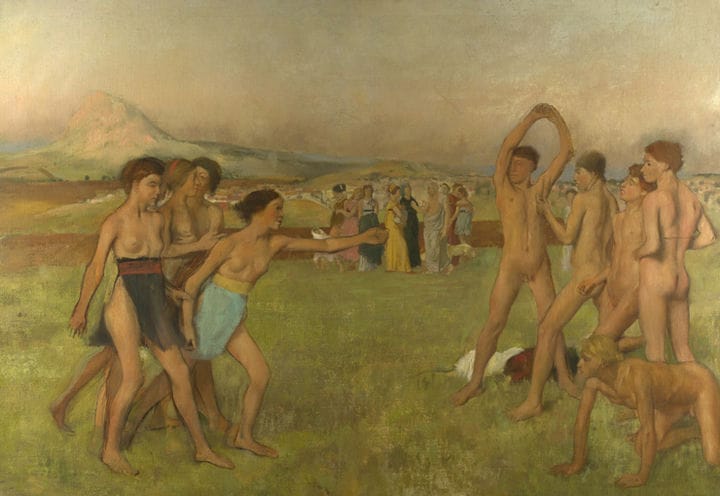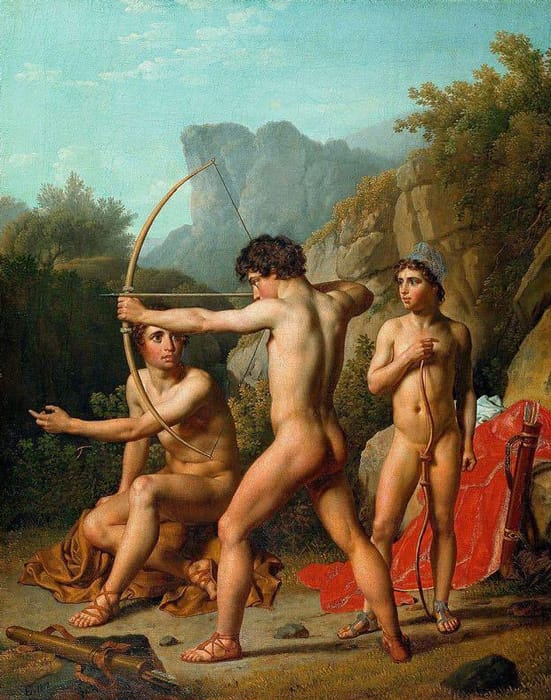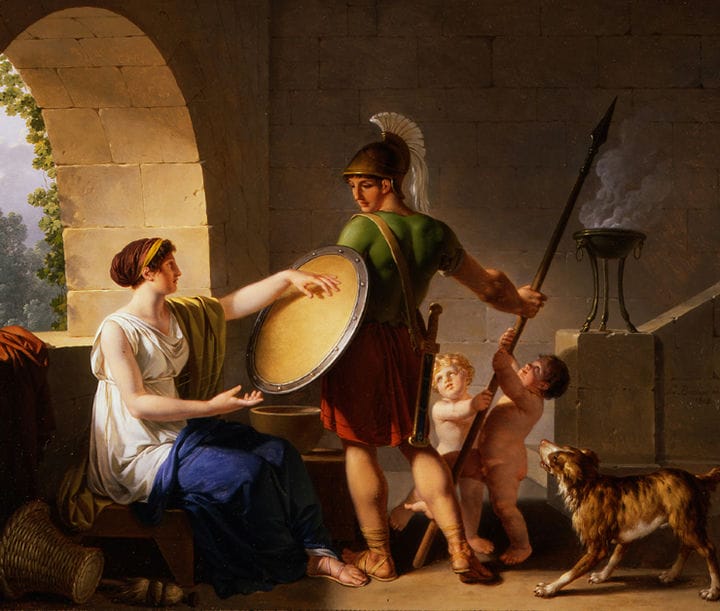Male love and Spartan wives: the sexual life of ancient Greece
Greece of the time of the titans and heroes was a country of rather liberated morals. Sex reigned everywhere: in the underworld and the sublunar. The gods of ancient Greece were engaged in it not only for the sake of having children – the very creation of the Earth was associated with sex. But not only gods, but also people indulged in carnal love … Read how they did it in our material.
The times of sexual freedoms of the Balkan Peninsula and adjacent islands, thanks to the well-known reference to the time of the Trojan War, can be determined quite accurately. Heroes of the epics Hercules, Theseus and Jason lived around the thirteenth century BC.
A bit about gods and incest
The Abduction of Persephone by Hades
The gods of ancient Greece often entered into a relationship with their relatives – usually brothers or sisters. However, at the beginning of everything, they did not have too many options. For example, everyone knows the myth of Persephone, who is kidnapped by the king of the underworld Hades, who is, at the same time, her uncle. But that is the gods. As you know, what is allowed to Jupiter is not allowed to the bull.
However, there is evidence that incest was taken lightly in heroic times. Homer, through the mouth of Odysseus, narrates:
In the splendid palace at Aeolus, twelve children were born –
Six daughters and six sons, blooming with health.
Having raised them, he gave his daughters to his sons in marriage.
Perhaps these lines tell us about the echoes of an ancient tradition. Later, however, this custom began to be condemned. Contradicting Homer, Euripides writes that Aeolus insists that one of his daughters, having entered into an incestuous relationship, commit suicide.
Oedipus
The only type of incest that was always condemned in ancient Greece was the so-called vertical incest, sexual intercourse with one’s own parents. The Theban king Oedipus, having mistakenly entered into a relationship with his own mother, was forced to blind himself.
Marriage and infidelity
In this matter, I must say, the Greeks were also very loyal. The vocation of a woman was to give birth to children. If this could not be achieved with her husband, it was necessary to try other options.
Virginity before marriage, although desirable, was not put at the forefront. It is known that King Thespius, who had 50 unmarried daughters, offered them all to Hercules, so that each would give birth to a child.
And if this story can be attributed solely to mythology, then the story of King Ariston, who ruled in Sparta in the 5th century BC, is beyond doubt. The ruler was known to be barren, and when his third wife gave birth to a child, the king himself doubted his paternity, but eventually acknowledged the child. After the death of his father, Demaratus ascended the throne, but the population had serious doubts about the legitimacy of such a ruler, and then the bribed Pythia announced that Demaratus was not the son of Ariston. Then Demarat’s mother confessed that that night, under the guise of her husband, the ghost of a divine hero entered her bedroom and conceived a child for her. “Well, then it’s good," the Spartans calmed down and allowed Demaratus to rule Sparta.
It must be said that in heroic times, adultery, although condemned by patriarchal Greeks, was not an indelible stain on the reputation of the wife.
Love of men and boys
Homosexual relations between men were encouraged in Greece of all times, although they reached their peak during the Athenian democracy. Plato in the "Feast" explains that the reason for everything is that when the gods created people, they consisted, as it were, of two parts. Since the creature came out ridiculous, the gods decided to separate them. Accordingly, each person has his own half: at the same time, it is not at all necessary that a woman should be the second half of a man. On the contrary, Plato called men who are greedy for women "fornicators", and women of this breed, he considered, are dissolute.
“On the other hand, men who are half of the former man are attracted to everything masculine: already in childhood, being segments of a male being, they love men, they like to lie and hug men. These are the best of boys and youths, for they are by nature the most courageous.
In Corinth in the 7th century AD. there was a custom of abduction of a boy by an adult man. An older friend introduced a teenager into a male union, taught martial arts and initiated his sexual life. Such relationships were quite honorable.
According to Athenian custom, however, communication with boys was considered unworthy – only with young men. Although male prostitution existed, by law a free-born Athenian could not engage in such a business. This was considered the lot of foreigners and metecs.
Some philosophers of antiquity at the end of their lives revised their position on this issue, so Plato in his "Laws" insisted that there should not be a sexual relationship between men and young men – only a spiritual one. Be that as it may, men’s love was considered much more pure and sincere than women’s. Lucian of Samosata in the 2nd century AD wrote that female love is needed only as "ensuring the necessary continuity of the human race."
As for female same-sex love in ancient Greece, little is known about this. For example, the Greeks honored the poetess Sappho, but she was rather an exception to the rule, "the tenth muse." Lesbian love, like the relationship of women in general, was not in the interests of the Greeks.
Mores of Sparta
Sparta can be taken out in a separate story, because her customs were very different from the customs of the rest of Greece. The laws of Sparta were formed under the influence of the semi-mythical legislator Lycurgus between the 10th and 8th centuries BC.
It was the responsibility of every Spartan to produce healthy, strong offspring. In order to seduce men, they organized special processions where the girls performed naked, demonstrating their beauty and strength. If, for some reason, a man did not want to marry, he was not allowed on holidays (and this was an important part of social life) and forced to walk naked through the city in winter, singing a shameful song.
For brides, Lycurgus forbade giving a dowry, so that both the poor and the rich girl had a chance to get married. The family life of the spouses proceeded very unusually. Here is what Plutarch writes:
“Brides were taken away, but not too young, not yet of marriageable age, but blooming and ripe. The so-called girlfriend received the kidnapped woman, cut her hair short and, dressed in a man’s cloak and put sandals on her feet, laid one in a dark room on a bed of leaves. The groom, not drunk, not soft, but sober and, as always, having dined at the common table, came in, unfastened her belt and, taking her in his arms, carried her to the couch. After staying with her for a short time, he modestly retired, so that, as usual, go to bed with the past young men.
Before the first night, the bride was given to eat quince, which was then considered the strongest aphrodisiac.
And so it went on for a very long time, until the Spartan was thirty years old – then he could settle with his wife and children.
Lycurgus believed that women should not belong to their husband, but to the fatherland. So, a woman, with the permission of her husband, could enter into a relationship with any man who could give healthy offspring. Jealousy was condemned and considered among the Spartans as something shameful.
